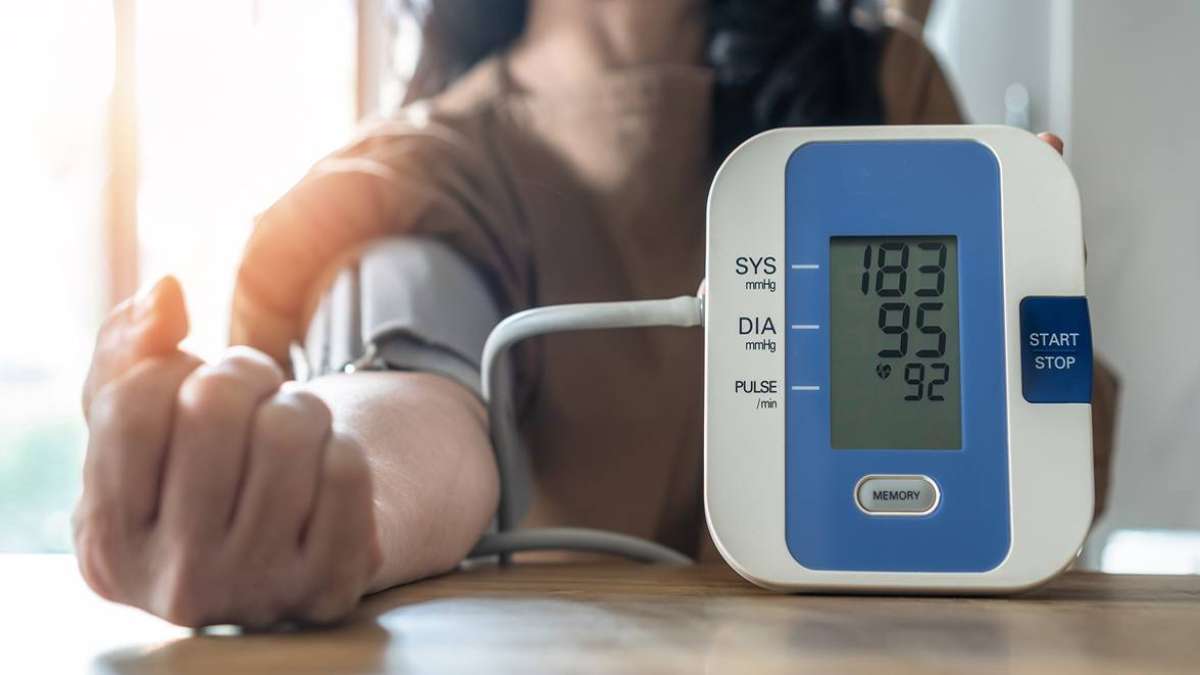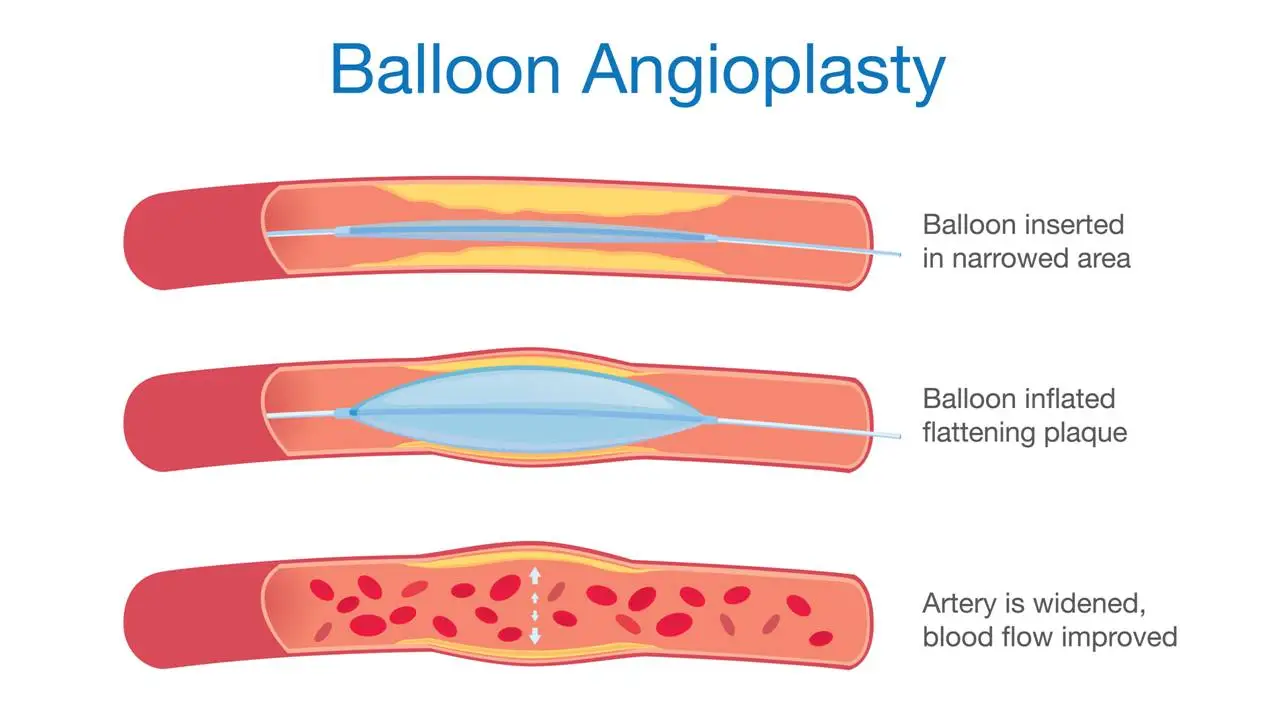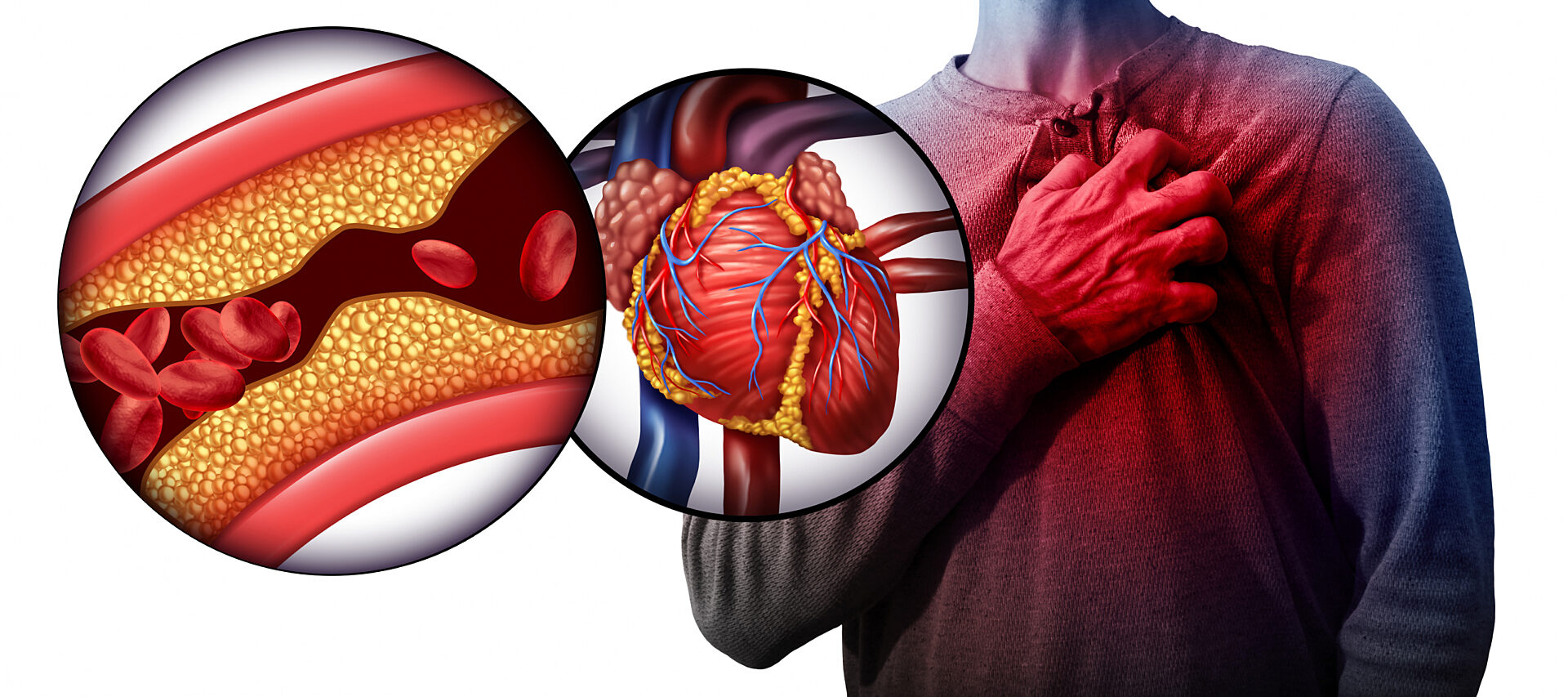Hypertension, often referred to as high blood pressure, is a chronic condition where the blood pressure is consistently elevated. It’s a significant public health concern worldwide, as it can lead to serious health complications if left untreated.
Understanding Blood Pressure
Blood pressure is the force of blood pushing against the walls of your arteries. It’s measured in millimeters of mercury (mmHg). A normal blood pressure reading is typically considered to be below 120/80 mmHg.
Causes of Hypertension
While the exact causes of hypertension are often unknown, several factors can contribute to its development, including:
- Genetics: A family history of hypertension can increase your risk.
- Lifestyle Factors:
- Diet: A diet high in sodium and saturated fats can raise blood pressure.
- Weight: Being overweight or obese can contribute to hypertension.
- Physical Activity: Lack of exercise can increase blood pressure.
- Smoking: Smoking damages blood vessels and raises blood pressure.
- Alcohol Consumption: Excessive alcohol intake can elevate blood pressure.
- Medical Conditions: Certain medical conditions, such as diabetes and kidney disease, can increase the risk of hypertension.
- Age: The risk of hypertension increases with age.
Symptoms of Hypertension
Hypertension is often referred to as a “silent killer” because it often has no noticeable symptoms in its early stages. However, as the condition progresses, it can lead to:
- Headaches
- Fatigue
- Shortness of breath
- Chest pain
- Vision problems
- Nosebleeds
Complications of Hypertension
Untreated hypertension can lead to serious health complications, including:
- Heart attack
- Stroke
- Heart failure
- Kidney disease
- Aneurysm
Diagnosis and Treatment
Hypertension is diagnosed through regular blood pressure checks. Your doctor may also order tests to rule out other underlying conditions.
Treatment for hypertension often involves a combination of lifestyle changes and medications.
- Lifestyle Changes:
- Dietary Changes: Reducing sodium intake, increasing potassium intake, and eating a diet rich in fruits, vegetables, and whole grains can help lower blood pressure.
- Weight Management: Losing weight if you’re overweight can help reduce blood pressure.
- Regular Exercise: Aim for at least 30 minutes of moderate-intensity exercise most days of the week.
- Limit Alcohol: If you drink alcohol, do so in moderation.
- Quit Smoking: Smoking can significantly increase blood pressure.
- Medications: Your doctor may prescribe medications to help lower your blood pressure, such as:
- Diuretics
- Angiotensin-converting enzyme (ACE) inhibitors
- Angiotensin II receptor blockers (ARBs)
- Calcium channel blockers
- Beta-blockers
Regular monitoring and adherence to your treatment plan are essential for managing hypertension and preventing complications.



